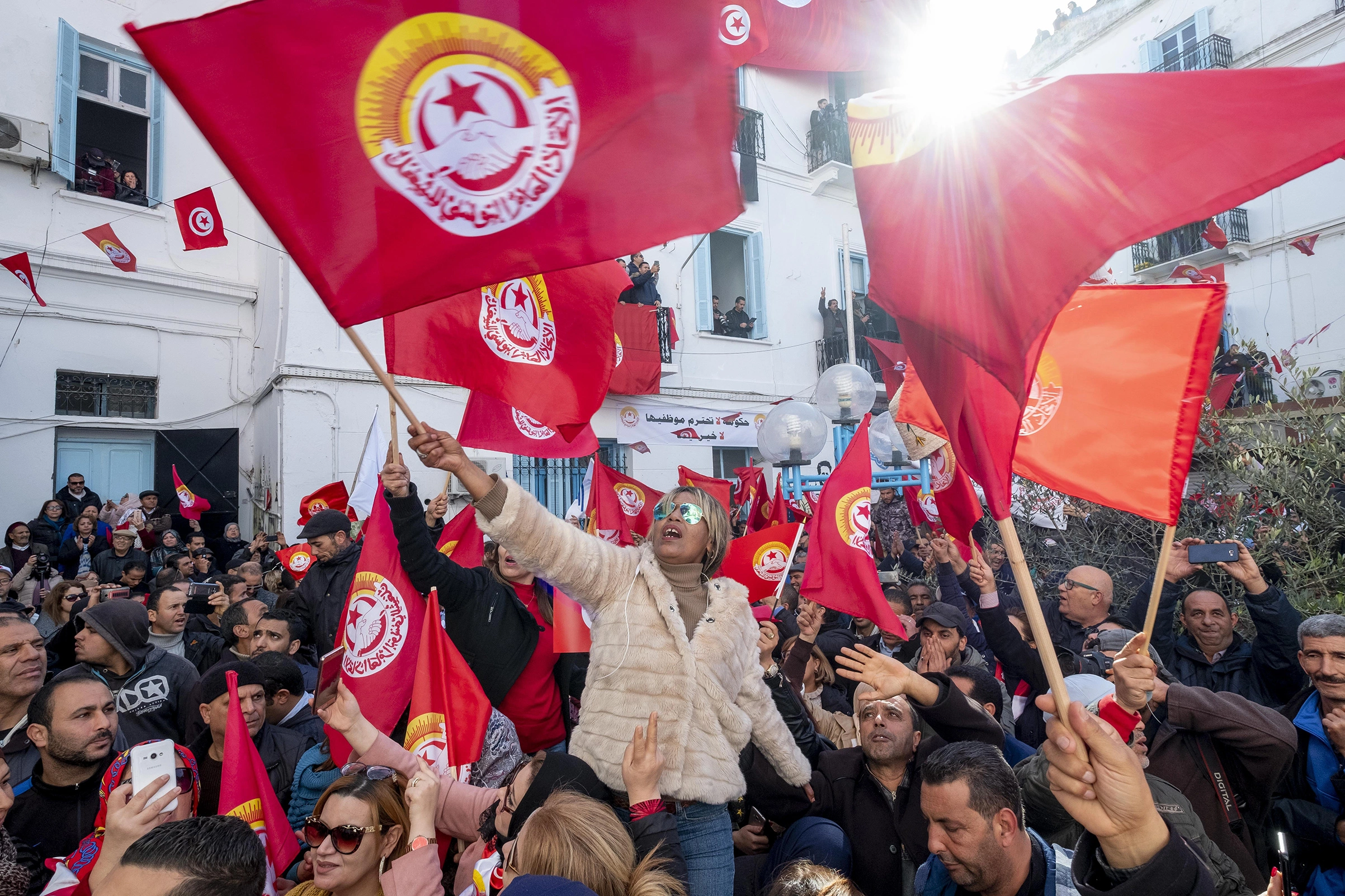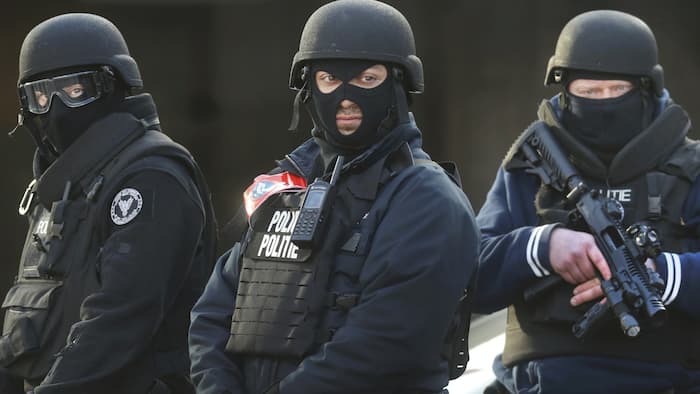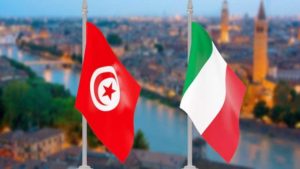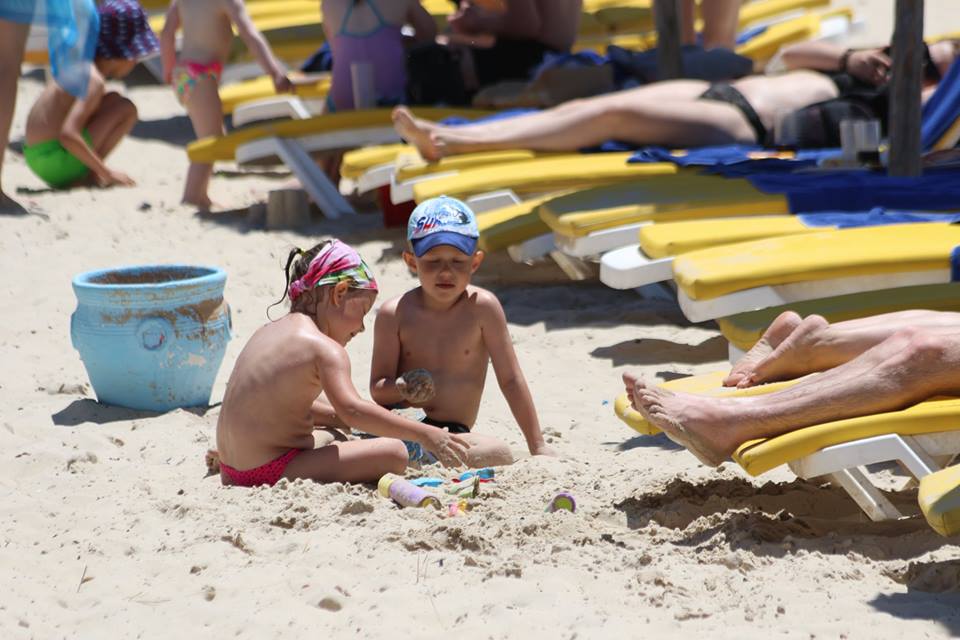The multidimensional crisis that Tunisia is going through continues to worsen day by day and social tensions are increasing amid multiple challenges including decline in foreign currency reserves and the political crisis that is weakening the power of President Kais Saied.
Actually, analysts are predicting that the weeks to come are likely to be untenable for President Kaïs Saied. As the month of Ramadan looms on the horizon, nothing seems to be changing favorably in terms of the shortages affecting many food products, but also medicines. Tunisia is equally facing a shortage of basic food. This week Libya, a neighbor hit by a civil war since the overthrow of the regime of Muammar Gaddafi in 2011 and lacking a central government, sent hundreds of trucks loaded with sugar, flour and several staple food items.
Saied’s administration is also struggling to supplement the national budget short of $2 billion, but talks with the International Monetary Fund for the release of a loan have stalled over several conditions including bitter reforms which have met the wrath of powerful labor union UGTT. The Union has warned of worst days ahead.
The Union and several social organizations rejected the 2023 budget as unbearable since it introduces new taxes. Tunisians are also struggling with soaring prices of the basic foodstuffs.
The kilo of banana reached 10 dinars in Tunis, causing discontent among citizens. Even bread has increased in some bakeries. In Kairouan, some have not hesitated to increase the baguette price to 350 millimes, against 250 millimes previously.
As the fasting month of Ramadan approaches, fear is mounting that the country will face a shortage of 1 million liters of milk per day. The shortage already stands at 600 thousand liters according to Anis Kharbeche, the Vice President of the Tunisian Union of Agriculture and Fisheries (UTAP).
And the situation is not likely to improve as long as the country does not settle its disagreement with the IMF, since the fundamental source of shortages is the problem of availability of financial resources. Indeed, many Tunisian establishments are on the verge of bankruptcy and therefore do not have the means to purchase their supplies.
Besides, the Tunisian economy is marked by weak growth, a record trade deficit and an abysmal budget deficit which risks to worsen during the first quarter of the current year with falling external debts. It should be noted that the country has a public debt whose outstanding amount is estimated at 110 billion dinars (35.5 billion dollars), including 66.2 billion dinars of external debt. For the 2023 financial year, debt service is estimated to amount to $2.1 billion, which currently represents almost a third of the country’s foreign exchange reserves, which only cover a little over 3 months of imports of goods and services, against 132 days in 2022.
The decrease in the figures mirror the ongoing social and economic tensions taking place in the country whose democratic gains have dwindled under Saied.
Actually, Tunisia has further slid into social and economic uncertainty since July 25, 2021 after President Saied seized all major powers, sacking then Prime Minister Hichem Mechchi and suspending the Parliament in a move he deemed important to “redeem the country”.
Saied is disapproved by almost the entire opposition which has been demanding his resignation following the July 25, 2021 move, branded as a coup, and the low turnout during December 17 snap legislatives. During the poll, 11 per cent of voters only pitched out at polling stations to cast their vote, the independent electoral body announced after the elections.
The opposition describes the low turnout as a blow to Saied’s plans and calls on the former law professor to step down.
The worsening situation prompted former President Moncef Marzouki, in exile in France, to call on the army to remove Saied that he had described as a political debutant, lacking ability to rule the North African country.
“I reject the power of the army, but I assume it is the duty of the leaders of this institution to overthrow this illegitimate president and hand over power to civilians,” he told Al Jazeera in a recent interview.



